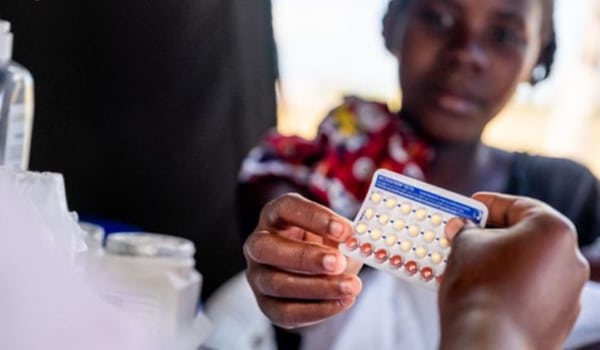
The COVID-19 pandemic is having a major impact on the delivery of sexual and reproductive healthcare around the world, according to a survey of its national members conducted by the International Planned Parenthood Federation (IPPF), published online on 9 April 2020. They report:
5,633 static and mobile clinics and community-based care outlets have already closed because of the outbreak, across 64 countries. They make up 14 % of the total service delivery points IPPF members ran in 2018. For static clinics – which provided 114 million services to clients in 2018 – the figure is even worse. More than one in five has already closed – 546 in total.
The regional breakdown of the findings:
- South Asia region has seen the largest number of closures overall, with more than 1,872 clinics and other service outlets closed
- Africa region has seen the largest number of mobile clinics closed, with 447 shut
- Western Hemisphere region, 971 mobile clinics and community-based care outlets have been shut down
- Europe region has seen 208 static clinics close
- East and South East Asia and Oceania region has seen 334 mobile clinics close
- Arab World region has seen 56 static clinics close.
Countries particularly affected by closures include Pakistan, El Salvador, Zambia, Sudan, Colombia, Malaysia, Uganda, Ghana, Germany, Zimbabwe and Sri Lanka. All have reported more than 100 closures of clinics and/or community-based service outlets.
Others have been forced to cut sexual and reproductive healthcare services:
- 44 national members report scaling down HIV testing
- 41 national members say they have scaled down contraceptive care services
- 36 national members are scaling down services on gender-based violence
- 23 national members reported reduced availability of abortion care.
Many national members are also reporting struggles to get hold of key commodities and supplies:
- 59 facing delays in moving goods within countries
- 29 facing a shortage of contraceptives
- 16 facing shortages of HIV-related medicines.
IPPF has established an emergency fund to provide Personal Protective Equipment to members in need and is coordinating a Federation-wide response through a Covid-19 Taskforce. IPPF Director-General Dr Alvaro Bermejo said:
“We will do everything we can within our Federation to maintain and restart services…We also need governments to make pragmatic and sensible changes to policies and legal frameworks, making it easier for women to access care and obtain medication virtually. Access to telemedicine and the ability to take medicines in their own homes, such as medical abortion medication, already have a strong evidence base and should become standard.”
SOURCE/PHOTO:International Planned Parenthood Federation, 9 April 2020



